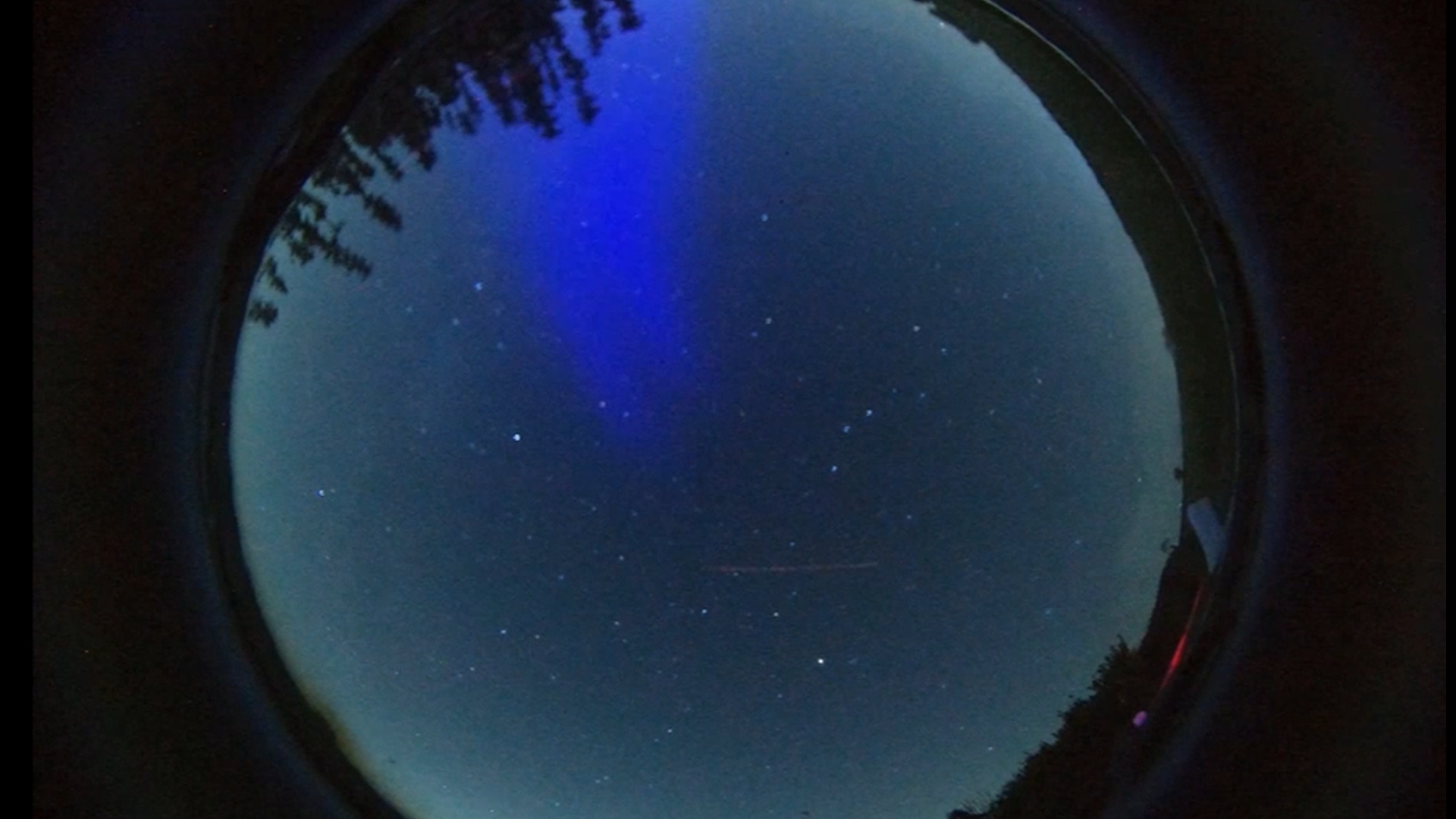'Flying Banana' traveling 125 mph fires laser into sky and catches aurora hunters off guard (video)

Conservation efforts intensify as California races to protect elephant seals from bird flu, while the nature community mourns the loss of Frank Graham Jr., a celebrated Audubon writer, and celebrates the milestone of eaglets Sunny and Gizmo leaving the nest.

All major sources, one page
Feel the mood behind headlines
Know what’s trending, globally
Get summaries. Save time
8,609
141
211
in 12 hours
Get instant summaries, explore trending stories, and dive deeper into the headlines — all in one sleek, noise-free mobile experience.
Stay sharp in 60 seconds. Get concise summaries of today’s biggest stories — markets, tech, sports, and more
All major sources, one page
Feel the mood behind headlines
Know what’s trending, globally
Get summaries. Save time
8,609
141
211
in 12 hours
Get instant summaries, explore trending stories, and dive deeper into the headlines — all in one sleek, noise-free mobile experience.
Stay sharp in 60 seconds. Get concise summaries of today’s biggest stories — markets, tech, sports, and more